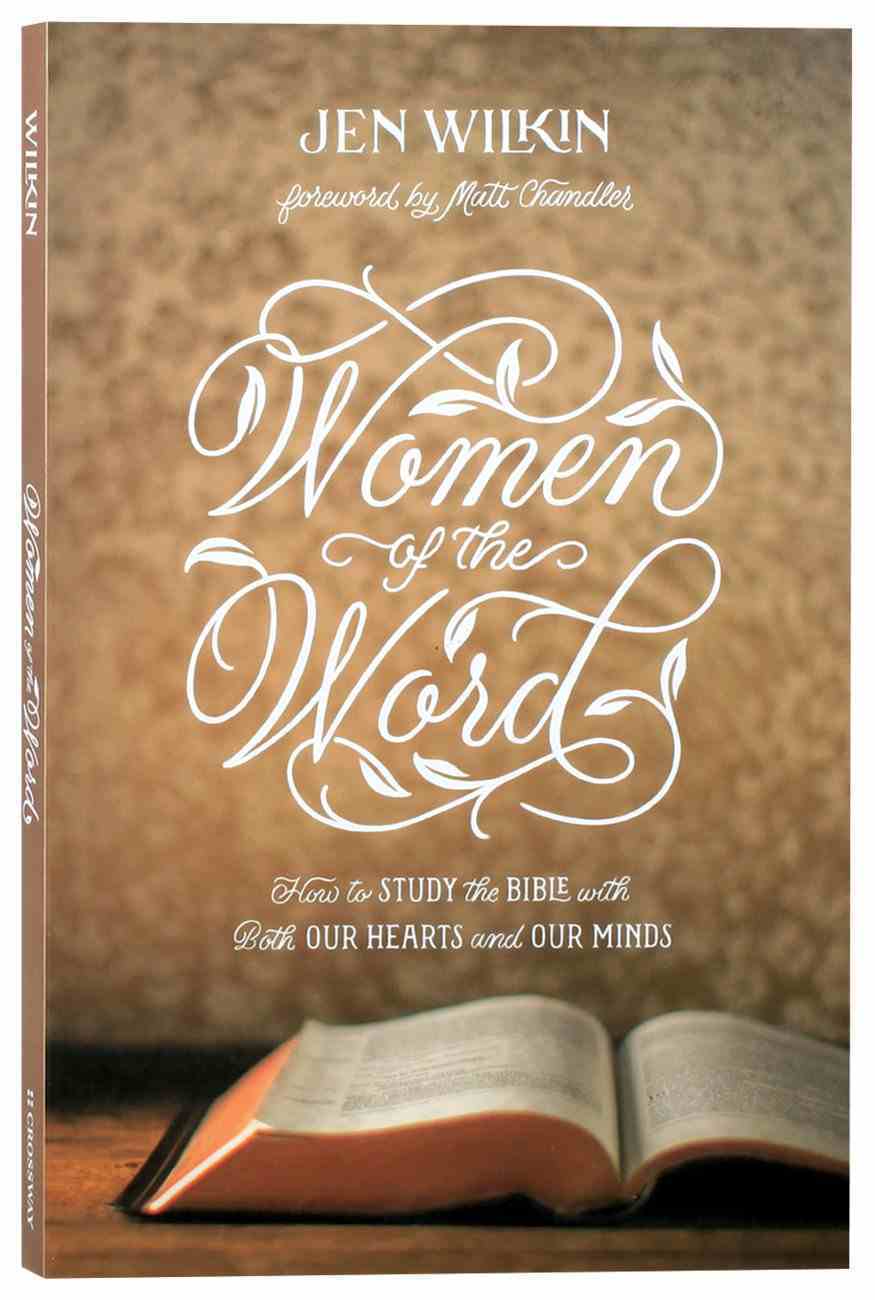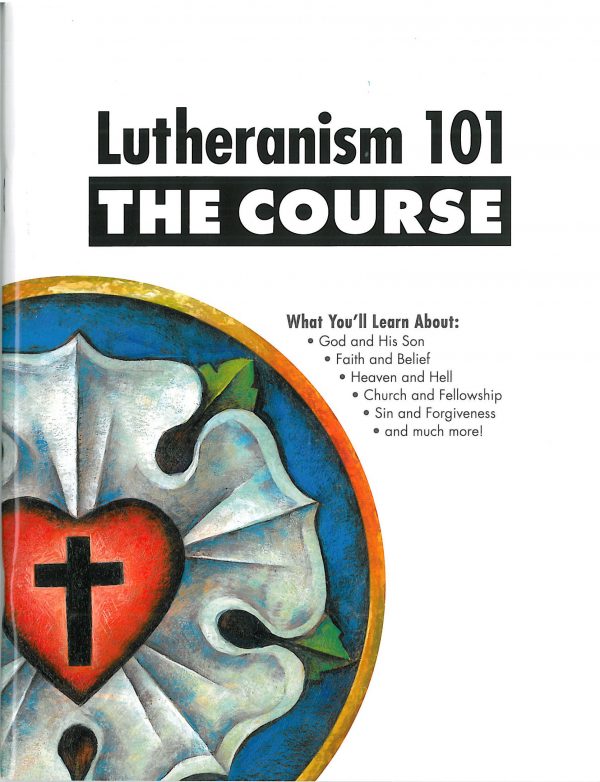


Even though the word book was not known in Old Testament times, it was used in the translation to communicate an idea best understood by the use of that expression. 1:8), “book of the chronicles of the kings of Israel” ( 1 Kgs. Thus, in the Bible we read of the “book of the generations” ( Gen. It is translated 185 times in the Old Testament as “book,” which, as mentioned earlier, comes from Old English. The primary word for a record or book in the ancient Hebrew is Sepher. In Joseph Smith’s time, as well as today, it was the title or synonym for the Hebrew and Greek scriptural record. It comes from the Greek biblion, meaning “books,” and other similar ancient roots. The word Bible is used eleven times in the Book of Mormon, all within four verses of one chapter. 17:3–7.) In order that this generation might understand the significance of this important ordinance, the Prophet used the word baptize in the translation. The ordinance of baptism was one of the “plain and precious things” lost or tampered with in the ancient records.
BAPTISM A BIBLE STUDY WORDBOOK FULL
It comes from the Greek baptizein, meaning “to immerse” or “to dip.” The Hebrew rachts, “to wash” or “to bathe,” or other ancient expressions such as “the burial,” “the anointing,” and even “to go down in water” do not convey the full meaning that the historical Christian term baptize does. The various forms of the word baptize are found 145 times in the Book of Mormon. When the Prophet received the concept or idea of a farewell at the conclusion of the portion of the record known as the book of Jacob, he used an expression he felt would convey the message to our understanding: “Brethren, adieu.” ( Jacob 7:27.) This suggests the possible common use in the Smith family of the word adieu.

Then, after telling of the happenings of the family, she concludes with “I must now bid the farewell then adieu Lucy Smith.” 70–73.) In the letter, she enthusiastically shares news of her son’s work in translating an ancient record and tells something of the nature of its contents. The earliest known document relating to Church history is a recently discovered letter written in 1829 by the Prophet’s mother, Lucy Mack Smith, to her sister-in-law Mary Smith Pierce.

The word adieu is defined in a dictionary of Joseph Smith’s day as “a farewell an expression of kind wishes at the parting of friends.” (Noah Webster, An American Dictionary of the English Language, 1828.) While the word is of French origin, it had found common usage in early nineteenth century New England. This is why words not known in Book of Mormon times are found in the translated text. However, the choice of words came through the manner of the language of Joseph Smith, so that we might have understanding. Much of the translation is quite literal, reflecting Semitic idiom and structure. 31:3 Ether 12:39.) This same principle had governed the Prophet’s translation of the Book of Mormon. Speaking of the revelations given through the Prophet after the coming forth of the Book of Mormon, the Lord said, “These commandments are of me, and were given unto my servants in their weakness, after the manner of their language, that they might come to understanding.” ( D&C 1:24 italics added. 9:32–33.) Although the Prophet Joseph Smith acted under the powers and gifts of God to receive and translate the anciently recorded message, he could transmit the meaning of what he received only through his own expression. The language of the Book of Mormon plates was an altered Hebrew, expressed in “reformed Egyptian” characters. Homer Durham, Salt Lake City: Bookcraft, 1960, p. The translator at best is only an interpreter of the text.” ( Evidences and Reconciliations, 3 vols., arr. Widtsoe wrote, “To convert the ideas recorded in Hebrew or Greek into another language is not an easy task. The challenge faced by translators is a very difficult one. The answer to both questions is simply that the Book of Mormon and the King James Version of the Bible are translations from ancient languages through the function of translators, who diligently endeavored to convey the intended meaning of the original writers. A similar question could be asked about the Bible: Why, for example, is the word book, which comes from Old English and was not known in Old Testament times, found in the Old Testament? Brandt, associate director, Salt Lake Institute of Religion.


 0 kommentar(er)
0 kommentar(er)
